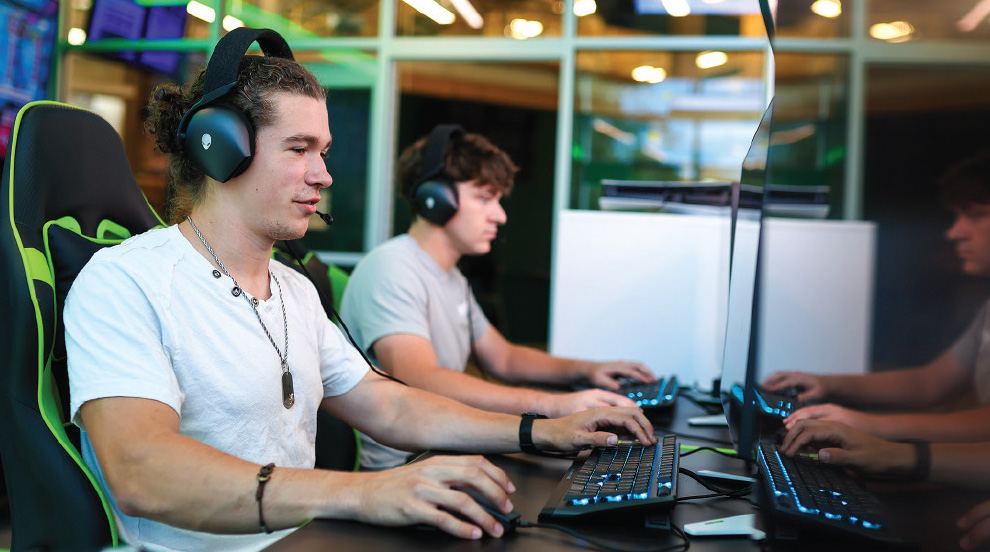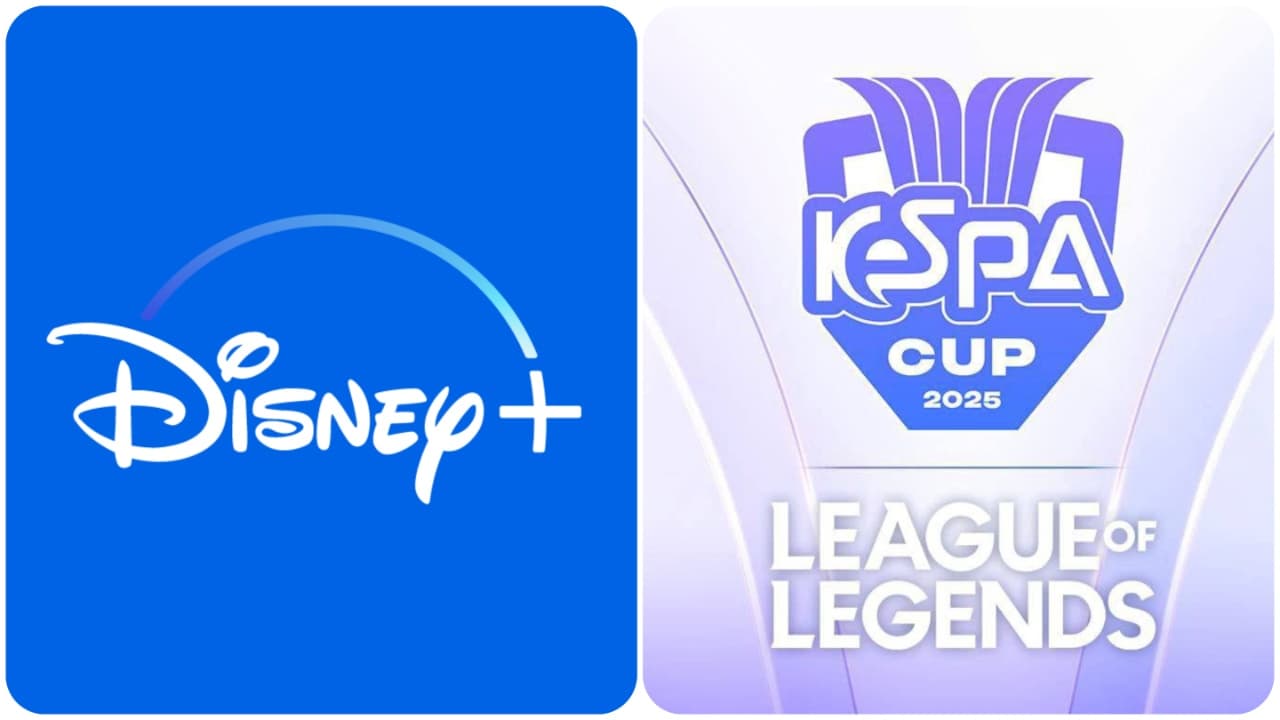A new study by Voice of Intercollegiate Esports (VOICE) has examined the educational and institutional impact of collegiate esports across 12 US universities. Led by Dr. Seth E. Jenny of Slippery Rock University and statistician Dr. David P. Schary of Winthrop University, the research surveyed 252 student players, 12 programme directors, and 14 staff members, alongside rosters covering 598 players.
Programme directors and staff noted that esports fosters a sense of belonging, develops teamwork, communication, and leadership skills, and can serve as a pathway into careers in gaming and technology. Over half of surveyed players reported that their involvement in esports positively influenced their desire to remain at their university.
Findings show that esports attracts students who may not engage in traditional sports or extracurricular activities. Surveyed players reported an average GPA of 3.38, with over 13% achieving a perfect 4.0. STEM majors were prominent, representing 65% of respondents. Players cited community and friendships (55%), competition (27%) and personal growth (21%) as primary benefits.
The study also highlighted persistent diversity challenges. Men represented 91% of varsity esports players, and female students rarely received full scholarships. Only 4.8% of players had full esports scholarships, with the majority of full scholarship recipients being international students. Average varsity rosters included 54 players, with institutions offering around eight game titles and participating in seven esports leagues. Students reported spending an average of 22.5 hours per week on gaming activities.
This research comes as collegiate esports continues to expand globally. In the US, PlayVS has launched the PlayVS College League, covering more than 1,000 campuses in 2025–2026, aiming to formalise collegiate competition and create career opportunities in broadcasting, event management, and media. In Brazil, Riot Games’ collegiate programme, run with AcadArena, reportedly involved over 2,000 students in 2025, up 32% from 2024.
According to a press release, the study aims to “uncover the potential benefits of collegiate esports programs.” The study’s executive summary can be found in this link and full methodology and results can be found in this link.
















